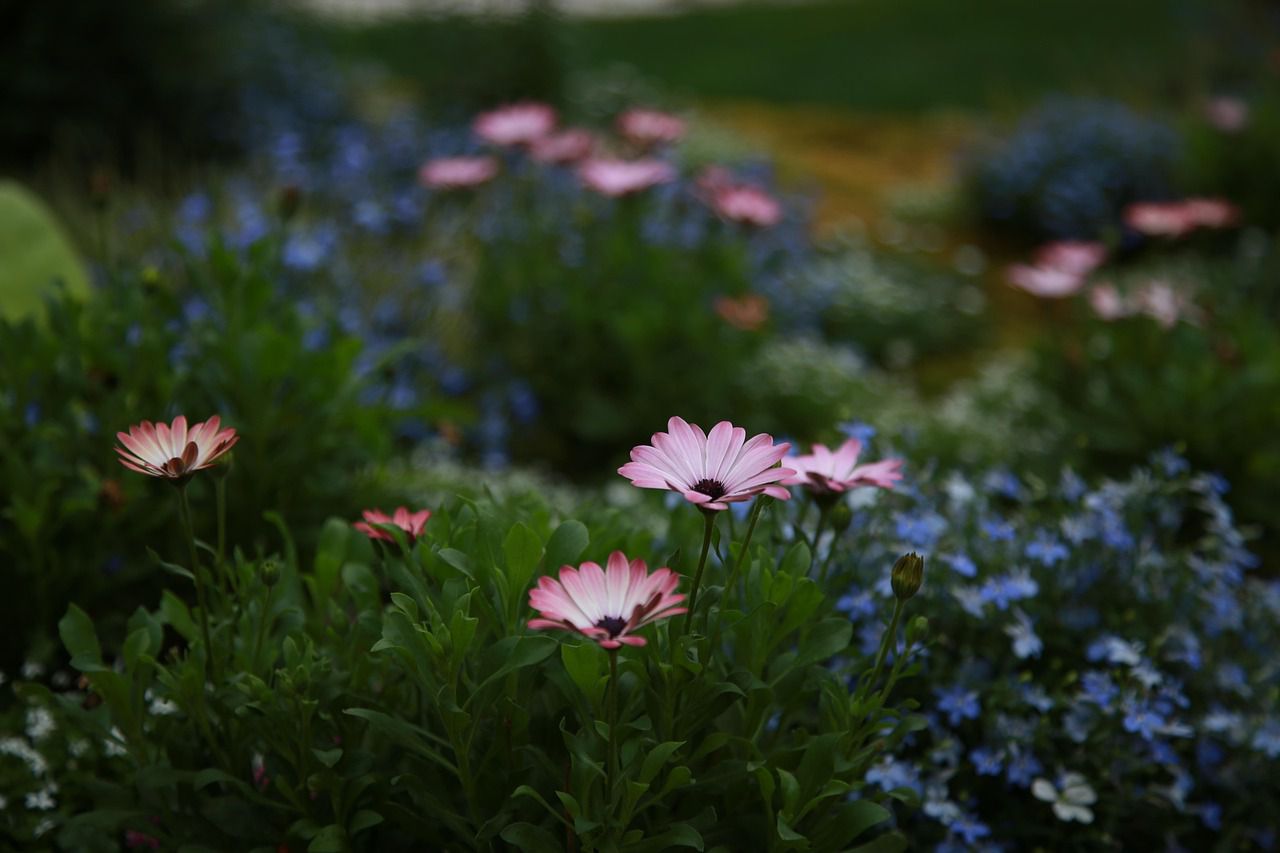Don't overcrowd your garden: Why you shouldn't plant too many plants
Planting too many plants in your garden can have some drawbacks and considerations that should be taken into account.
It probably won't give you a great harvest, because it often brings more problems than benefits.
Here are a few reasons why planting too many plants may not be ideal.
Competition for Resources
Plants require resources such as sunlight, water, and nutrients to thrive.
When too many plants are crowded together, they must compete for these resources, potentially leading to stunted growth, reduced productivity, and increased susceptibility to diseases and pests.

Lack of Air Circulation
Dense planting can limit air circulation within the garden, especially if the plants are overcrowded.
Poor air circulation can create a humid and stagnant environment, promoting the growth of fungal diseases and hindering plant health.
Nutrient Depletion
Planting an excessive number of plants in a limited space can deplete the available nutrients in the soil more quickly.
Over time, this can lead to nutrient deficiencies and negatively impact the overall health and productivity of the plants.
Maintenance Challenges
It becomes difficult to access and care for individual plants, making tasks like watering, pruning, and harvesting more time-consuming and labor-intensive.
Additionally, removing weeds becomes more challenging, as they can quickly take advantage of the overcrowded conditions.
